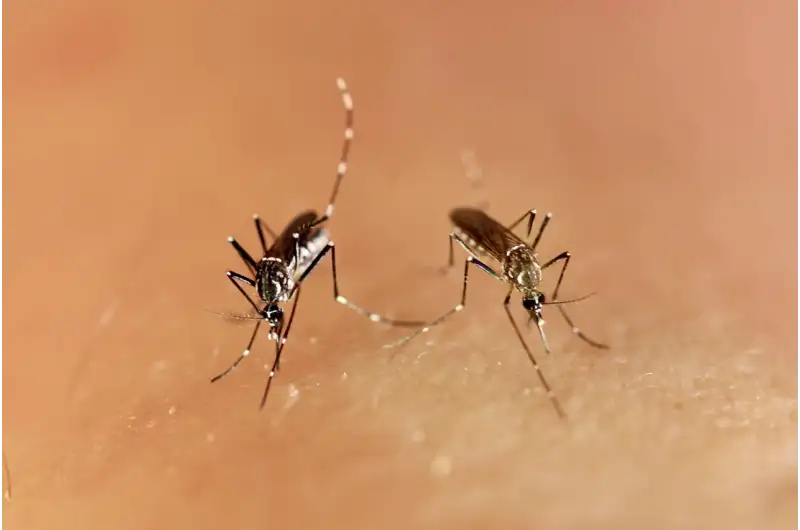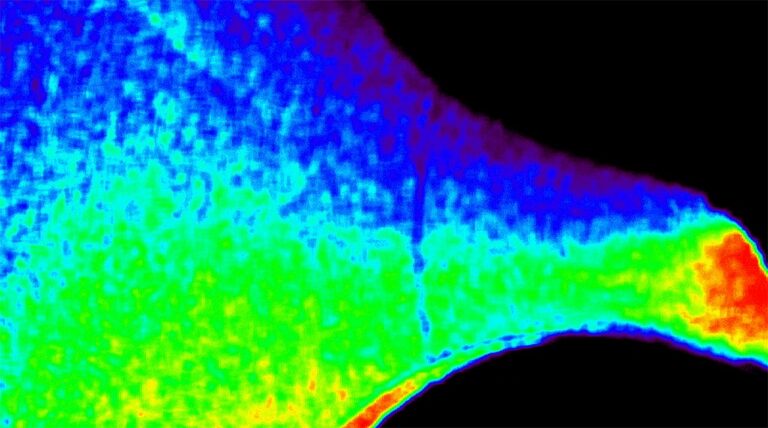But Climate Change May Tip the BalancePrinceton University Study Highlights Genetic and Environmental Factors Influencing Zika Virus SpreadA groundbreaking study by Princeton University, in collaboration with Institut Pasteur and the University of California, San Diego, has revealed that the rarity of Zika virus outbreaks in Africa may be linked to the genetic makeup of local mosquito populations.
Published in The Lancet Planetary Health on December 11, the research explores how mosquito genetics and climate conditions interact to shape the dynamics of Zika virus transmission.
Key Findings:
Genetic Diversity in Mosquitoes as a BarrierThe Zika virus, known for causing severe outbreaks in the Americas from 2015–2016, has had a comparatively minor impact in Africa despite favorable climate conditions.
According to Dr. Jamie Caldwell, Associate Research Scholar at Princeton’s High Meadows Environmental Institute, the explanation lies in the two genetic forms of the primary mosquito species that transmit the virus:The human specialist form, predominantly found in urban areas, feeds mainly on humans and is highly effective in transmitting Zika.
The African ancestral form, more common in Africa, feeds on both humans and animals, reducing the chances of Zika transmission.This genetic variation, combined with the African ancestral form’s lower capacity to transmit the virus, acts as a natural barrier to widespread outbreaks.
The Role of Climate and UrbanizationWhile mosquito genetics play a dominant role, the study also highlights how climate conditions influence the transmission of mosquito-borne diseases.
Factors such as temperature affect mosquito development, biting frequency, and virus transmission rates. As climate change accelerates, these dynamics may shift:Current projections suggest that 23 African cities with populations exceeding 1 million are at risk of Zika outbreaks.
By 2050, this number could rise to 45 cities due to climate change and urbanization.Call to Action: Public Health PreparednessCo-author Dr. Noah Rose emphasizes the urgency of proactive measures:”Our research underscores the need for enhanced mosquito surveillance and urban health initiatives to prevent future Zika outbreaks in Africa.
“The findings highlight the importance of monitoring mosquito populations and preparing urban centers for potential health challenges posed by climate change.

















+ There are no comments
Add yours